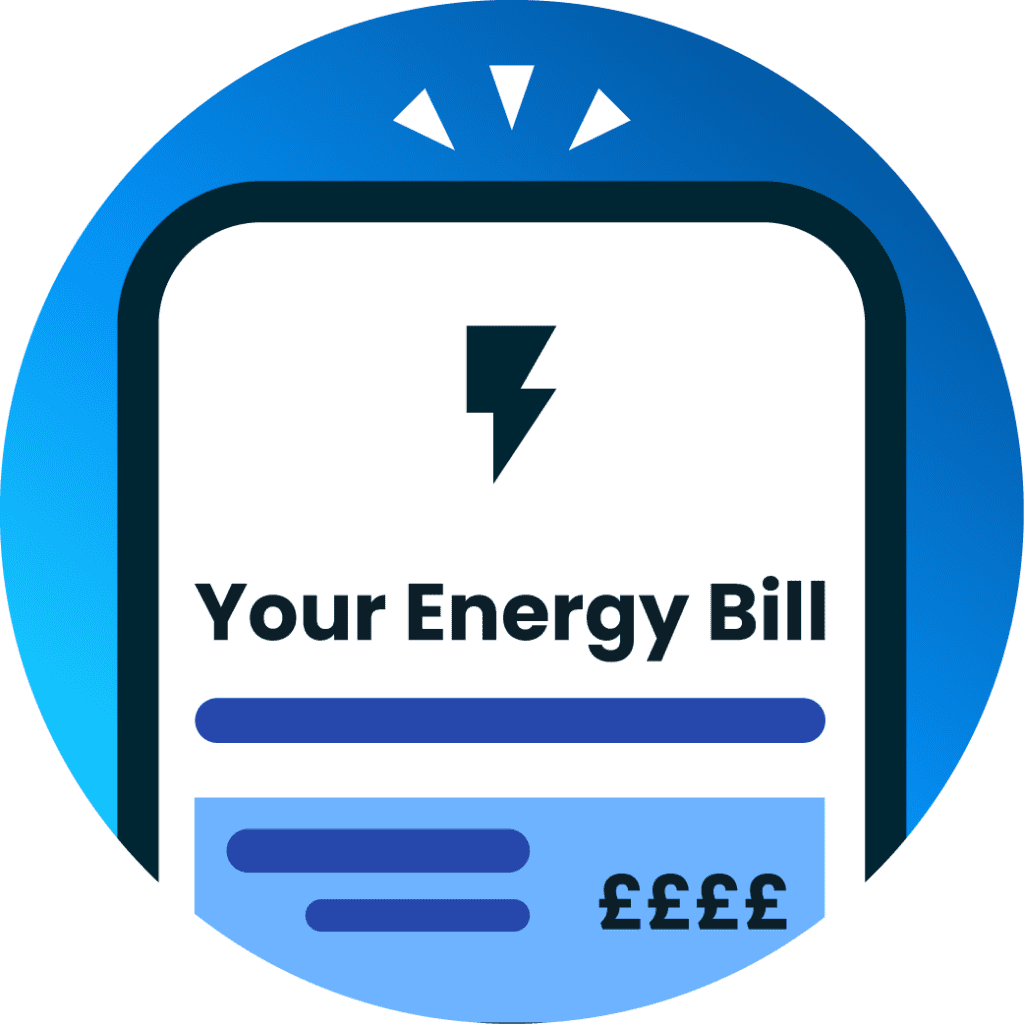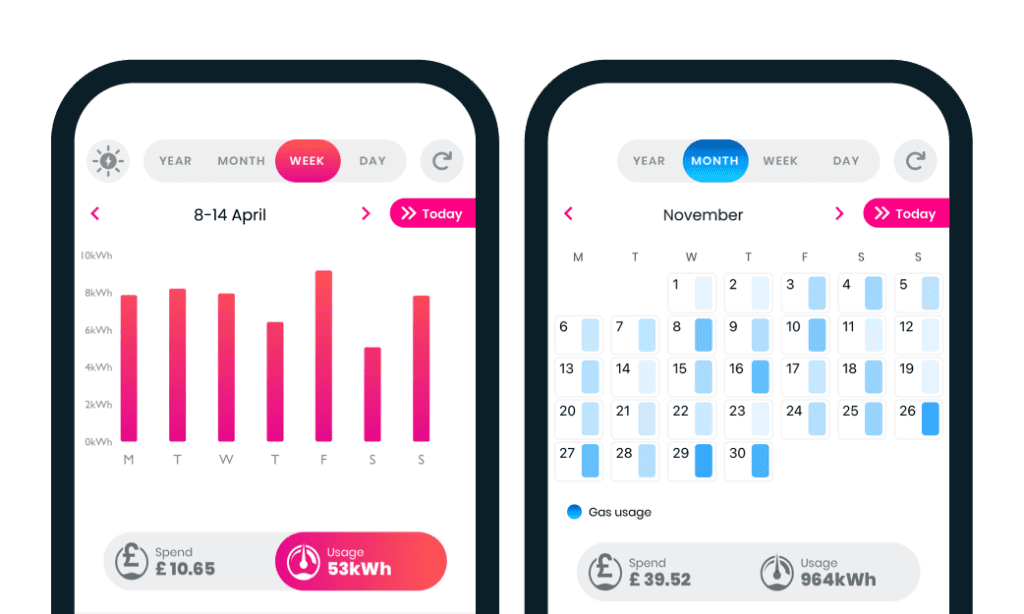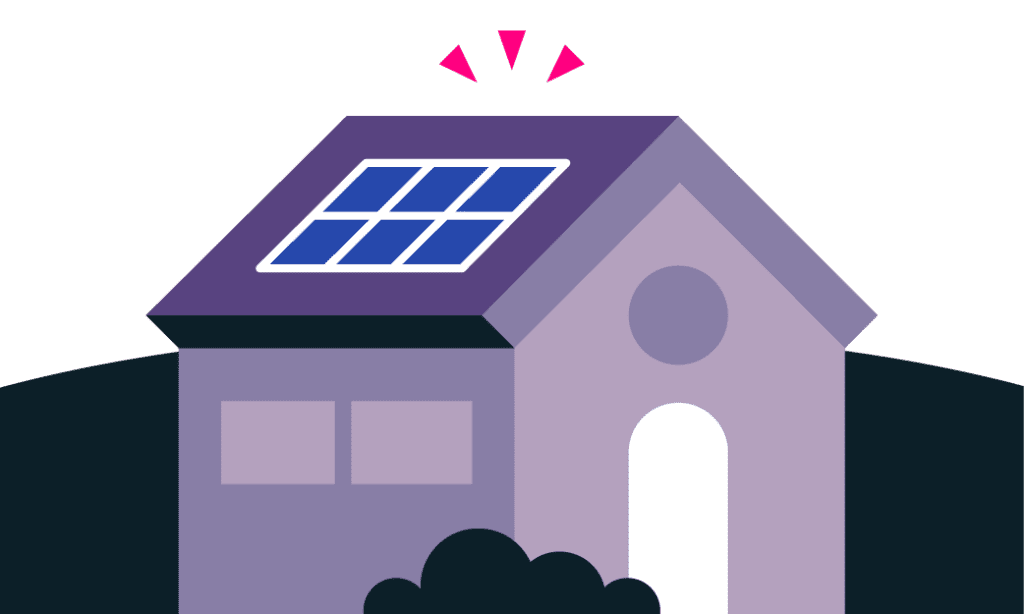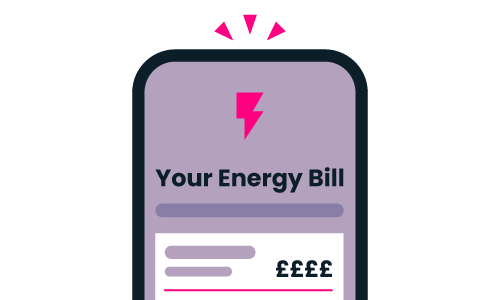The Energy Doctor
Welcome to the world of energy efficiency. Knowledge is power, and the Energy Doctor, Dr. Steve Buckley – Head of Data Science at Loop – is your trusted advisor! Get to know more about him and explore his insights further in this guide.
Contents:
-
Who is the "Energy Doctor"Who is the "Energy Doctor"
-
ResourcesResources
-
Top InsightsTop Insights
-
Related GuidesRelated Guides


Who is the "Energy Doctor"?
With years of experience in the energy sector, Dr. Steve Buckley – Head of Data Science at Loop – has earned the nickname “Energy Doctor” for his unparalleled ability to diagnose energy-related issues and prescribe effective solutions.
You might have seen him in action on TV and radio programmes, sharing his expertise and providing valuable insights.
Whether it’s tips to reduce your energy bills, how to benefit from green tech, or the future of energy, Steve knows the answer. Let’s explore his insights further!
Resources
How many of these energy-saving measures do you take at home?
Here are the Energy Doctor’s top tips to cutting energy costs in the colder weather.
Have you lowered the flow temperature on your combi boiler yet?
The Energy Doctor is passionate about households making this change. With savings of 12% on your gas bill available, it’s no surprise!
Top Insights

1. Rethink Solar Panels
“With uncertainty over future energy prices, changing demands for electricity due to electric vehicles and heat pumps, and the urgency to cut carbon emissions, the benefits of solar are undeniable. Embracing solar power not only offers energy independence but also presents a proactive and eco-friendly solution for people seeking sustainable and cost-effective energy alternatives.”

2. Improve Your Insulation
“Insulation may not be as exciting as some other smart energy upgrades like solar and electric vehicles, but improving how well your home retains heat is critical. If you properly insulate your home, not only will it be warmer, more comfortable and cost less to heat – it will be future-proofed and ‘heat-pump ready’ too. Heat pumps rely on your home being well-insulated.”

3. Swap to LEDs
“With lighting making up 11% of the average household electricity bill, switching to super-efficient LED light bulbs is a simple fix to make some real savings. Any cost incurred upfront to change your bulbs will undoubtedly be made back in savings on your electricity bills throughout the year – 63% of Loop users have reported making savings from this simple switch.”

4. Lower Your Flow Temp
“The temperature of the water that leaves your boiler to go to your radiators is called the boiler’s flow temperature. If it’s set too high the boiler will run inefficiently. If you have a combi boiler make sure it’s set to 60 degrees. This simple setting change won’t affect the temperature of your home but can lead to big savings. Correcting it can save between 8-12% on gas bills.”

5. Understand Your Usage
“Many people I speak to are really worried about their energy bills, but they don’t know how much energy they’re using. This is key to reducing costs. Understanding what ‘normal’ usage looks like for your home is the starting point for making savings. That’s where a free tool like Loop can help, by showing where to focus your efforts.”

6. Reduce Wasted Energy
“Wasted energy makes up around 30% of the average energy bill – it makes up a bigger percentage than many realise. The biggest savings don’t come from switching chargers off at the plug. Instead, look out for the things you’ve forgotten about like extra fridges, which could be adding £102 each year to your energy bill.”
Related Guides

Time-of-Use Tariffs
The cost of producing and distributing electricity changes periodically. If you can use more energy at cheaper times and less at the most expensive, then the grid saves money. But can you save money? This is where time of use tariffs come in.

The Economics of Solar
Having solar installed is a big step. Or is it? It’s probably cheaper and easier than you think, and with current energy prices, the payback period is likely to be shorter than you were expecting. Weigh up the financial benefits of solar.

Compare Energy Use
You may know how much energy your household uses each year, and at what cost. But have you any idea how that compares to other, similar homes? Seeing how it compares could cut your consumption by 3%.








